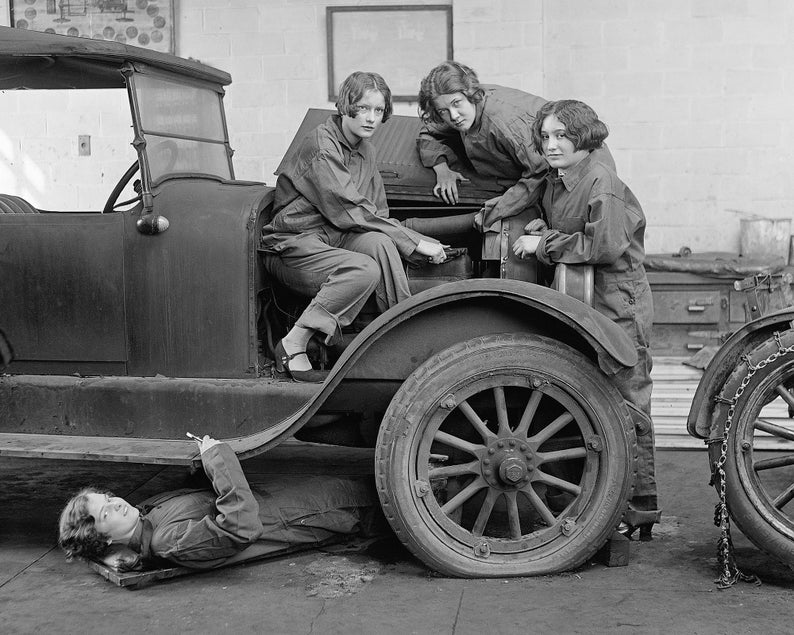Here is a Blast From the Past. Remember the Cambridge Analytical scandal?
 |
| H. sociopatheticus |
The estimable
Joseph Moore
points out the key role of sociopaths in today's society, one of whom
he tags as Mr. Zuckerberg, founder of the Book of Faces. Really, sports
fans, can anyone suppose that this device was ever intended as anything
other than a vehicle for delivering personal information to various
advertisers, commercial and political? How do we suppose they made their
billions? Remember,
the product is that for which someone pays cash money; and where
Facebook is concerned, advertisers pay cash money for the eyeballs of the users.
You, mi amigo, are the product.
Some advertising guru once noted way back in the days of Mad Men, in
between sleeping with their secretaries and each others wives, that
only about half of all advertising was effective.
The problem was that no one knew which half. And so the public was
spattered with twice as many ads as necessary in the hopes that half of
them would stick. In the Fifties, it was believed that the sight of a
man in a white lab coat using approval-words like "scientific" would
entice people to purchase the desired shampoo or toothpaste; but this
has changed to images of alluring models clinging to the product and
using the approval-word "sexy," thus signalling a new mode of processing
sales pitches.
 |
The Lost Generation discovers
sex right in their back yard |
A hundred years ago, advertising contained thick blocks of text with
complete product specifications. Ho ho. How naive our great grandfathers
were! Or else they were more hard-headed and no-nonsense and preferred
their sexy babes live and in person rather than in magazines. (There
were no televisions.)
The genius of the Book of Faces was to replace broadcast with
narrowcast. People hated getting flyers and brochures for crap they
didn't care about. So by carefully sorting through people's interests as
expressed by themselves, advertisers could ensure sending adverts
pretty much to people who had some interest in the material to begin
with. So far, so good. No need for Big Brother to spy on us when we
could spy on ourselves for free.
Well, you can't expect politicians to pass that up. After all, they are
also in the advertising business, and this would enable them to spend
their campaign money sending flyers, info, robocalls, and all the rest
of that welcome and heartwarming outreach to people who might actually
be inclined to listen. (TOF pauses to clean up the
hot-beverage-snarfed-out-the-nose from your keyboards.)
So the Great Scandal of
Cambridge Analytica was not that they
scraped Facebook Data, but that they did so for the purpose of helping
the Devil Incarnate, i.e., Donald Trumphiltler and/or Brexit. Had they
done so to benefit Hilary Clintonstalin, we would never have heard
squeak about it, for then it would have been in aid of Heaven's Purpose,
i.e., the Worker's Paradise, or Venezuela. (We know this because no one
had a cow about
the Obama campaign scraping customer data back in the 2008 election, indeed they were lauded for being "tech-savvy.")
The one thing we have not heard is whether anyone paid the slightest
attention to any of the ads that were intended to move them to get out
for Trump. Indeed, the fact that people's eyeballs cruise over nasty (or
nice) ads seems to have
very little influence
at all, despite either the boasts of providers of these services or the
apocalyptic warnings of the fear-mongers. We are only told that folks
were "exposed" to them, as if people were particles devoid of will,
moved by mechanical forces. But since the whole purpose of the exercise
was to identify those who were inclined to Trump in the first place,
it's hard to see the horror of it all. Unless there is Something we're
not being told beyond the "boo words" of our information being
"weaponized."
Of course, the real danger of the giant rumor mill/echo chamber known as
"social" media is that it is simply a set of bubbles and not very
social at all. It's a way of sealing ourselves off under the illusion of
being "connected." At least, in the old "broadcasting" paradigm you ran
the occasional risk of a chance encounter with something that you were
not already interested in. A point of view that was not already your
own. A product or book or movie that was not already on your radar
screen -- and you might,
might, decide to give it a shot and find
that it wasn't half bad. Or that what the Other Side said about itself
was not the same as what Your Side told you that They had said. And your
bubble might expand, even if just the tiniest bit.




